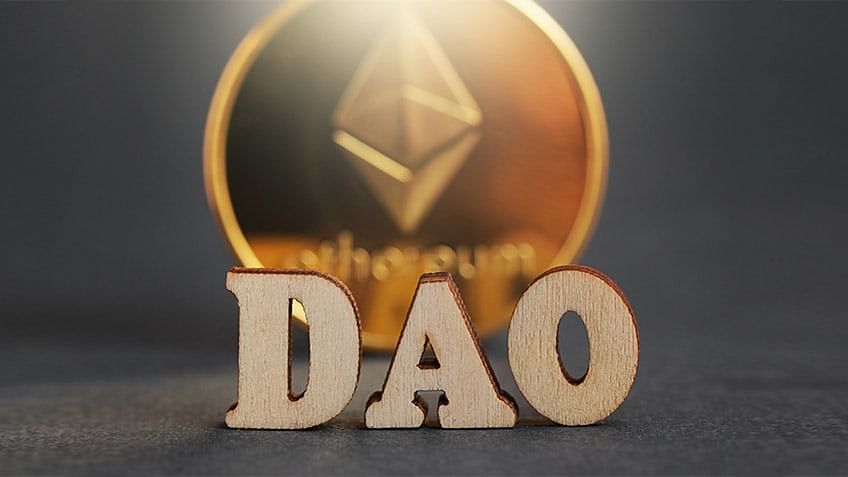Decentralized Autonomous Organizations (DAOs) are a type of organization that operates on a blockchain network, utilizing smart contracts and decentralized decision-making processes. DAOs are facilitated by various tools and platforms that enable their creation and management.
Here are some of the main types of DAO tools:
- Governance Platforms: These tools provide the infrastructure for decentralized governance within a DAO. They allow token holders to participate in decision-making processes, such as voting on proposals, electing representatives, or allocating funds. Examples of governance platforms include Aragon, DAOstack, and Colony.
- Smart Contract Platforms: Smart contract platforms form the foundation of many DAOs. They enable the creation of programmable agreements and automated rules that govern the DAO’s operations. Ethereum is the most widely used smart contract platform for building DAOs, but other platforms like Polkadot, EOS, and Tezos also support the development of decentralized applications and DAOs.
- Tokenization Tools: Tokens play a crucial role in DAOs, representing ownership or participation rights. Tokenization tools facilitate the creation, distribution, and management of tokens within a DAO. They often include features like token issuance, token sale mechanisms, and token governance. Examples of tokenization tools include OpenZeppelin, TokenScript, and Mintable.
- Reputation Systems: Reputation systems are used to establish and quantify the reputation or influence of individuals within a DAO. They allow stakeholders to earn a reputation based on their contributions and involvement. Reputation systems can help determine voting power, influence decision-making, or distribute rewards. Tools like SourceCred and Klout offer reputation tracking and measurement functionalities.
- Funding and Treasury Management: DAOs require financial resources for their operations. Tools for funding and treasury management help DAOs manage their funds, donations, or revenue streams. They may include features like multi-signature wallets, budgeting, expenditure tracking, and financial reporting. Gnosis Safe, Metamask, and multisig wallets are commonly used for secure fund storage and management.
- Communication and Collaboration Tools: Effective communication and collaboration are vital for DAOs. These tools facilitate discussions, coordination, and knowledge sharing among DAO participants. They often include features like chat platforms, forums, task management, and document sharing. Popular tools for DAO communication include Discord, Telegram, Discourse, and Slack.
- Decentralized Exchanges (DEXs): DEXs enable DAOs to trade or exchange tokens in a decentralized manner, without relying on traditional centralized exchanges. They provide liquidity and trading functionalities while maintaining control of funds within the DAO. Popular DEXs include Uniswap, SushiSwap, and Balancer.
- Analytics and Monitoring Tools: DAOs require tools to monitor and analyze their activities, performance, and impact. Analytics tools offer insights into voting patterns, token distribution, financial metrics, and user engagement. They help DAOs make data-driven decisions and improve their operations. Some examples of analytics tools include The Graph, Dune Analytics, and DAObase.
- Legal and Compliance Tools: As DAOs navigate the legal landscape, tools for legal and compliance support can assist in understanding and adhering to regulatory requirements. They may include legal templates, compliance frameworks, and guidance on legal considerations related to DAO operations. Projects like OpenLaw and LexDAO provide legal tools and resources for DAOs.
- Developer Toolkits: Developer toolkits and frameworks simplify the process of building and deploying DAOs. They provide pre-built modules, libraries, and templates to accelerate development and ensure compatibility with various blockchain platforms. Tools like Hardhat, Truffle, and Remix IDE are commonly used by developers to build DAOs on Ethereum.
These are just some of the main types of DAO tools available. It’s important to note that the DAO landscape is evolving rapidly, and new tools and platforms are being developed to support the growth and functionality of DAOs.


